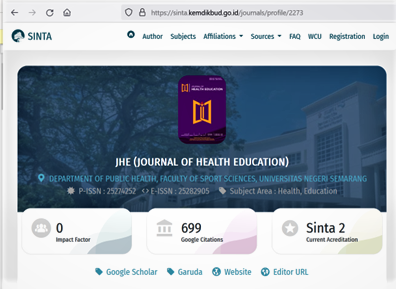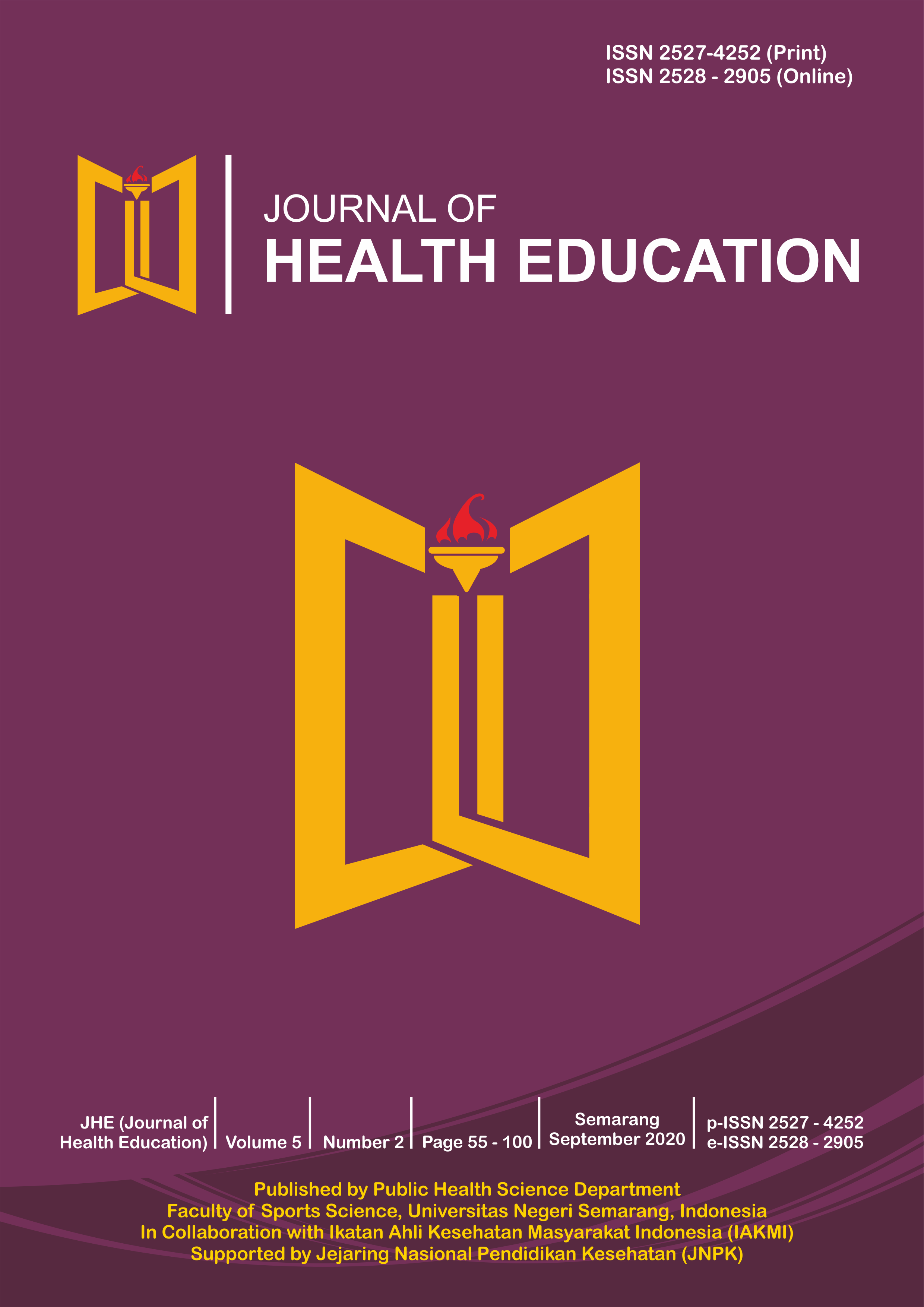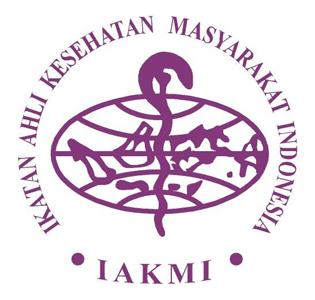The Effectiveness of Telecounseling on Anxiety and Self-Care Dysmenorrhea in Young Women
Abstract
Background: The menstrual period is a cyclic physiological phenomenon where several problems can arise, including irregular cycles, excessive bleeding and dysmenorrhea. Dysmenorrhea is the most common gynecological problem experienced by adolescents and one of several causes of pelvic pain that harms the quality of life and restrictions on adolescent activities. One of the preventive interventions that have been successfully implemented by health promotion programs for individuals is telecounseling. This study aims to analyze the effectiveness of telecounseling on anxiety and self-care dysmenorrhea in adolescent girls at MA Darul Ulum, Palangka Raya City.
Methods: Quasi Experimental Research with pretest-posttest with control group design. The study was conducted on 42 respondents in the intervention group and 42 respondents in the control group in MA Darul Ulum, Palangka Raya City.
Results: There are a significant difference in anxiety scores (p value = 0.000) and self care scores (p value = 0.044) between the intervention group and the control group. Then the decrease in anxiety score (6.71) in the intervention group was higher than the anxiety score (1.19) in the control group. The increase in self-care scores (47.85) in the intervention group was higher than the self-care scores in the control group (37.15).
Conclusions: Telecounseling is effective in reducing anxiety scores and increasing self-care scores for girls with dysmenorrhea.






